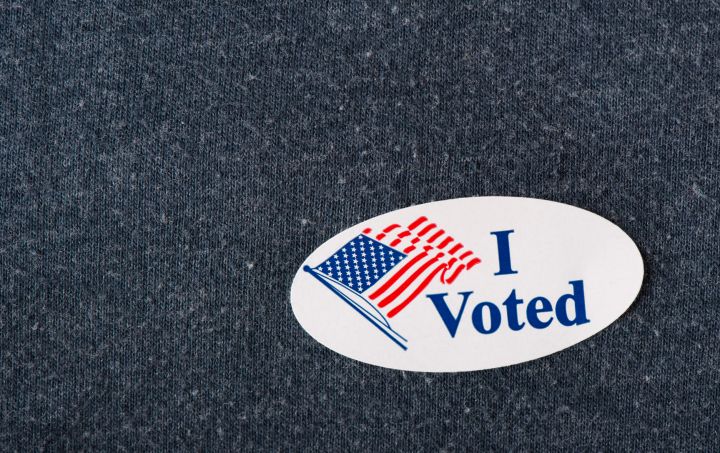
According to the Associated Press, more than half the states have either strict or mixed guidelines on whether or not it’s OK to take a picture of a ballot, or even a picture inside a polling location at all, with penalties ranging from forfeiting that vote to even jail time.
The issue has popped up in recent years with the rise of social media, as some voters have wanted to share the fact that they are exercising their right to vote. Poll place photography, however, rises privacy issues, with some voters feeling uncomfortable about casting their vote with cameras nearby.
The issue has even sparked a few lawsuits. In September, a lawsuit was filed on behalf of a Michigan voter who had no idea taking a picture of his own ballot was illegal. The case is challenging the Michigan law that could land ballot photographers in jail for 90 days, along with a $500 fine and forfeiture of their vote.
Earlier this year, Snapchat took sides in a lawsuit, working to appeal a New Hampshire ban on ballot selfies. The social media platform was successful — the ban on ballot selfies was declared unconstitutional in September, for New Hampshire voters, that is.
While lawsuits are challenging the issue of whether such bans are lawful, under current state laws, voters in several states should avoid polling place photography, including Alabama, Alaska, Colorado, Florida, Georgia, Illinois, Kansas, Massachusetts, Michigan, Mississippi, Nevada, New Jersey, New Mexico, New York, North Carolina, South Carolina, South Dakota, and Wisconsin.
According to the Associated Press, residents of Connecticut, Washington DC, Hawaii, Idaho, Indian, Kentucky, Louisiana, Maine, Minnesota, Montana, Nebraska, New Hampshire, North Dakota, Oregon, Rhode Island, Utah, Vermont, Virginia, Washington, and Wyoming won’t find themselves in any legal trouble if they decide to photograph their vote.
In the remaining states, it’s unclear if voters are okay to photograph their ballot, with several states holding a policy or recommendation against it but extending no actual legal repercussions.
For now, most voters will likely be better off taking a selfie afterward — while wearing that “I voted” sticker — and waiting until outside the polling location to snap it.



